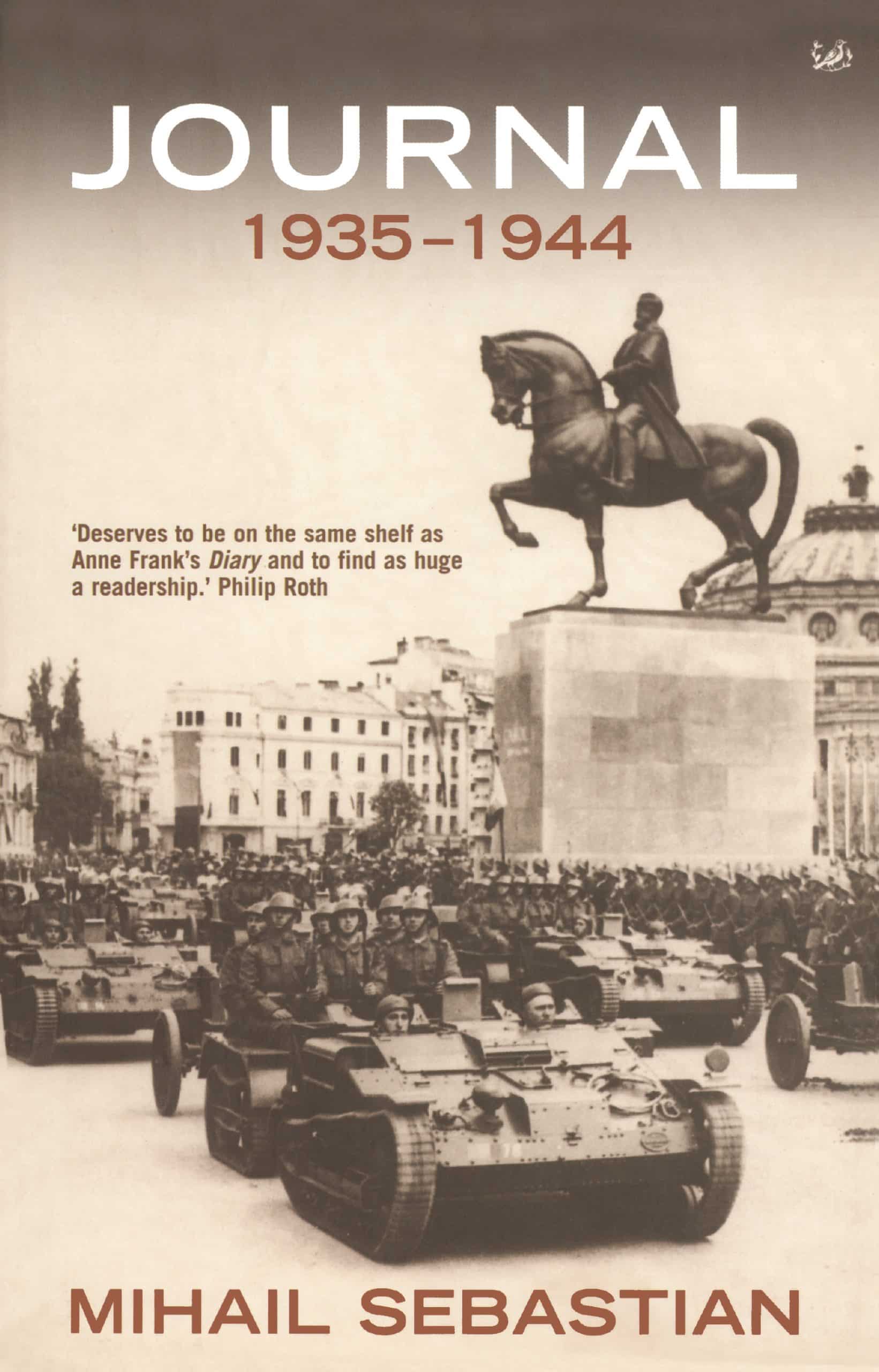Description
Mihail Sebastian was a promising young Jewish writer in pre-war Bucharest, a novelist, playwright, poet and journalist who counted among his friends the leading intellectuals and social luminaries of a sophisticated Eastern European culture. Because of Romania’s opportunistic treatment of Jews, he survived the war and the Holocaust, only to be killed in a road accident early in 1945. His remarkable diary was published only recently in its original language and is here translated into English for the first time. Sebastian’s Journal offers not only a chronicle of the darkest years of European anti-Semitism but a lucid and finely shaded analysis of erotic and social life, a reader’s notebook, and a music lover’s journal. Above all, it is a measured but blistering account of the major Romanian intellectuals, Sebastian’s friends, writers and thinkers who were mesmerised by the Nazi-fascist delirium of Europe’s ‘reactionary revolution’. In poignant and memorable sequences, Sebastian touches on the progression of the machinery of brutalisation and on the historical context that lay behind it. One of the most remarkable literary achievements of the Nazi period, Sebastian’s journal vividly captures the now-vanished world of pre-war Bucharest. Under the pressure of hatred and horror in the ‘huge anti-Semitic factory’ that was Romania in the years of World War II, his writing maintains the grace of its intelligence, standing as one of the most important human and literary documents to survive from a singular era of terror and despair.
Additional information
| Weight | 0.801 kg |
|---|---|
| Dimensions | 4.8 × 15.3 × 23.4 cm |
| Format | Paperback |
| language1 | |
| Pages | 672 |
| Publisher | |
| Year Published | 2003-1-2 |
| Imprint | |
| Publication City/Country | London, United Kingdom |
| ISBN 10 | 0712683887 |
| About The Author | Mihail Sebastian was the pen-name of the Romanian writer Iosif Hechter. Born in the Danube port of Braila, he died in a road accident in 1945. During the period between the wars he was well-known for his lyrical and ironic plays and for urbane psychological novels tinged with melancholy, as well as for his extraordinary literary essays. |
| Review Quote | This book is alive, a human soul lives in it, along with the unfolding ghastliness of the last century, which passed an inch away from Sebastian's nose. His prose is like something Chekov might have written – the same modesty, candour, and subtleness of observation. Here is a life, and an absurd death, whose spell will last a long time |
| Other text | This humane masterpiece deserves to be ranked alongside the diaries of Victor Klemperer for its quiet, and indeed humorous, insights into the nature of wickedness |





